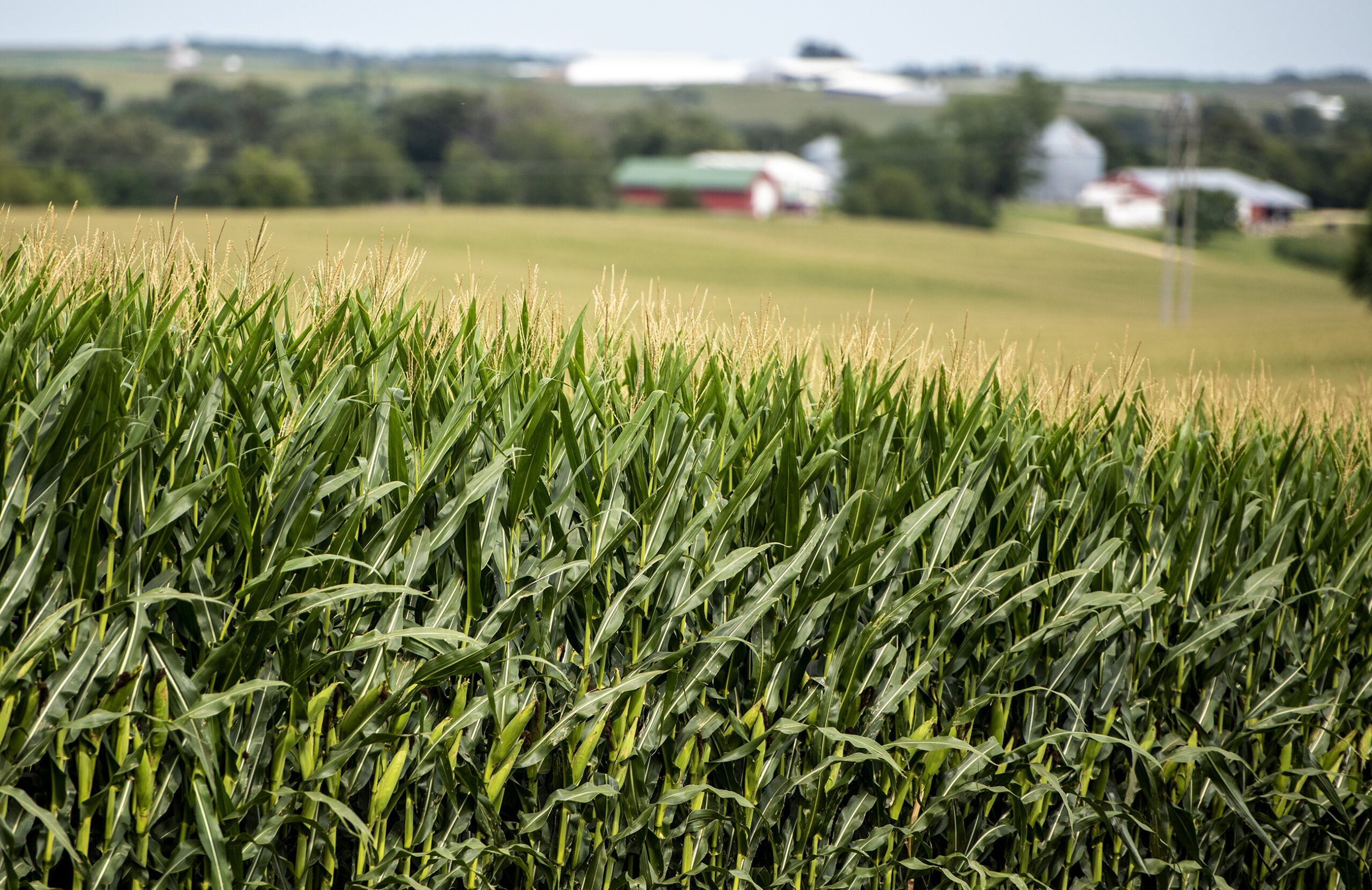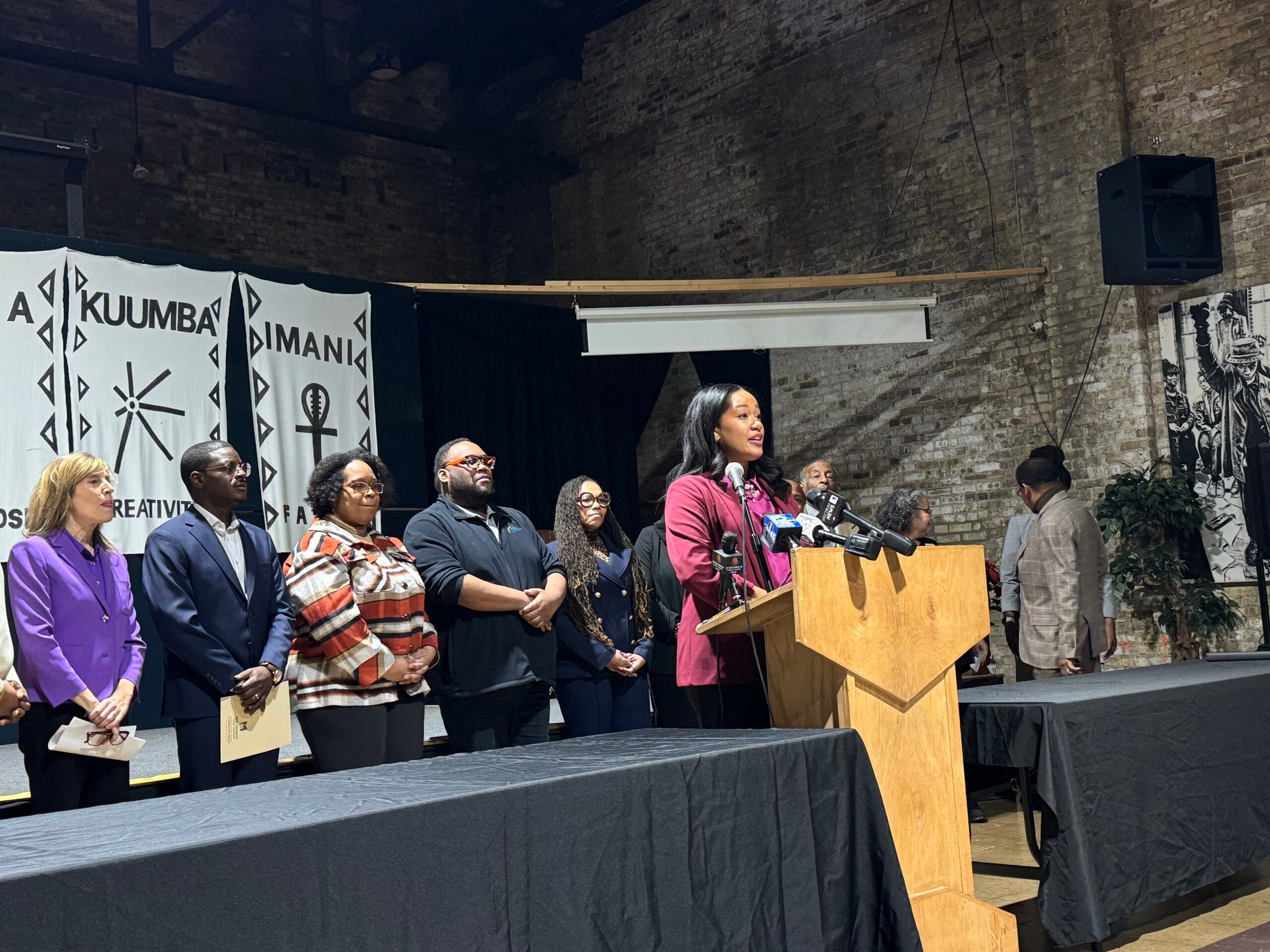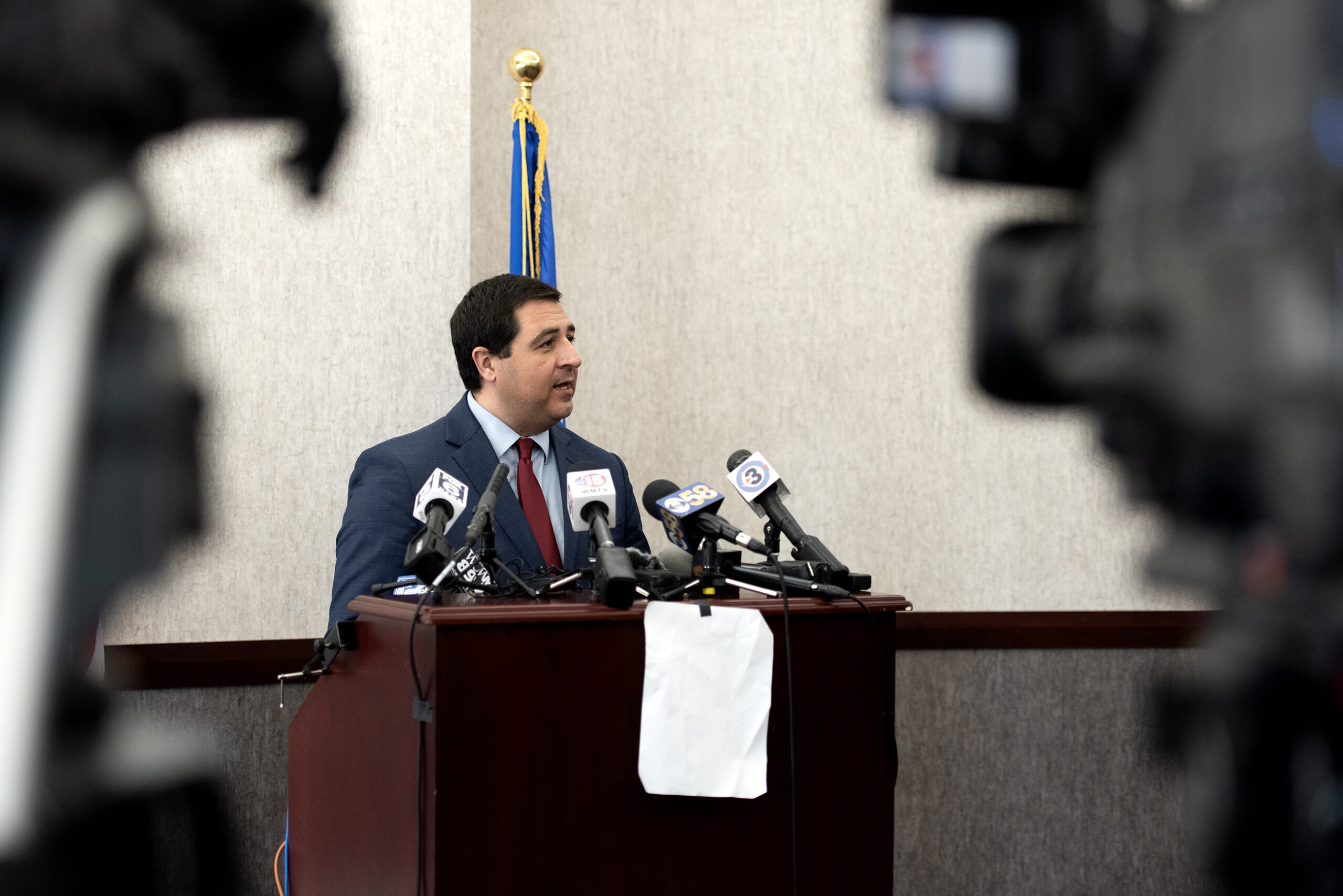A Wisconsin dairy farmer backed by a conservative law firm is suing the U.S. Department of Agriculture over program incentives offered to people of color and women.
The Milwaukee-based Wisconsin Institute for Law & Liberty, or WILL, on Monday filed the lawsuit against USDA, claiming Chilton dairy farmer Adam Faust, who is a white man, faced discrimination based on his race and sex from three different programs.
The list includes the Dairy Margin Coverage program, a risk management program with a $100 administrative fee that offers a waiver to “socially disadvantaged” farmers among other groups. The lawsuit also targets USDA’s farm loan guarantee program and the Environmental Quality Incentives Program, which both offer rate benefits to farmers of color.
News with a little more humanity
WPR’s “Wisconsin Today” newsletter keeps you connected to the state you love without feeling overwhelmed. No paywall. No agenda. No corporate filter.
“It’s our view that they violate the Constitution’s guarantee of equal treatment of all individuals, and they’re unconstitutional,” said Dan Lennington, vice president and deputy counsel of WILL. “We’re asking the court to strike them down and to open them up for all individuals.”
The program incentives identified in the lawsuit are also offered to beginning farmers, veterans and “limited resource” farmers, or those with low incomes. Lennington argued that the government can choose to give preference to these groups through policies, but the U.S. Constitution prohibits preferences based on race and sex.
It’s a similar argument made in another lawsuit WILL brought against USDA on behalf of Faust in 2021. A federal judge in Wisconsin blocked a USDA program created under former President Joe Biden that would have forgiven farm loans for people of color, which WILL argued was race discrimination.
USDA’s history of discriminating against Black farmers and producers from other underrepresented groups has been acknowledged for decades, including through several class-action lawsuits starting in the late 1990s.
Lennington acknowledged the agency’s past discrimination but argued these problems should be fixed through the courts, not through a new policy which he said discriminates in a new way.
“What we don’t do is we don’t try to balance out outcomes among favored groups or disfavored groups based on what we believe is the appropriate balancing, the appropriate racial balance, or the appropriate balance between the sexes,” Lennington said.
He also pointed to the U.S. Supreme Court’s recent ruling finding plaintiffs from majority groups can’t be forced to meet a higher standard when proving discrimination cases. Justice Ketanji Brown Jackson wrote in the ruling that laws prohibiting discrimination focus on protecting individuals rather than groups.
But some agriculture groups that support underrepresented farmers pushed back on the idea that the incentives are taking funding away from white men, who are the vast majority of American farmers.
“[The programs are] literally about making it easier for people to get into farming who haven’t inherited land or equipment or relationships through their families,” said Kriss Marion, advancement director for the Michael Fields Agricultural Institute. “This is about building American agriculture and building opportunity for people who don’t have it, and that seems very American to me.”
Marion helps lead Wisconsin Women in Conservation, a group created to connect women farmers and landowners with federal conservation programs. She said because USDA has historically left out women and people of color, more outreach and support for these groups are needed.
She said the lawsuit is a distraction from the real need for more USDA funding to support farmers, especially as they deal with trade uncertainty and the need to adopt more environmentally friendly practices.
Wisconsin Public Radio, © Copyright 2026, Board of Regents of the University of Wisconsin System and Wisconsin Educational Communications Board.






